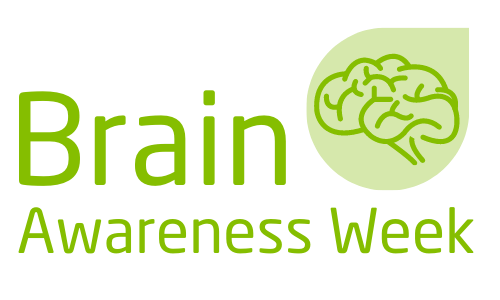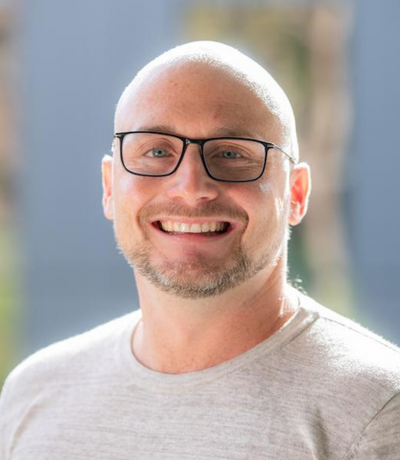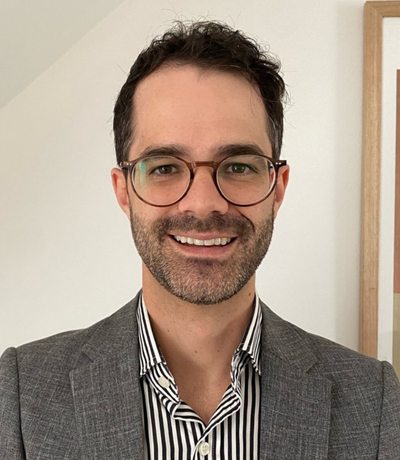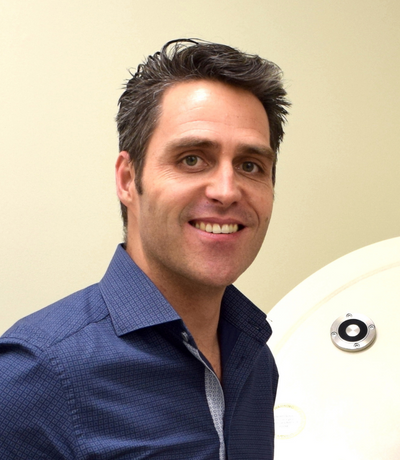Welcome to Brain Awareness Week 2023
On this page, you will find resources about stroke, dystonia and motor neurone disease. These diseases affect many Australians – whether they acquire the disease themselves, or if it is one of their loved ones.
Thank you to the researchers who have created these videos. We hope you find them helpful, and that you learn something new about these brain diseases.







 The Brain Foundation is the largest, independent funder of brain and spinal injury research in Australia. We believe research is the pathway to recovery.
The Brain Foundation is the largest, independent funder of brain and spinal injury research in Australia. We believe research is the pathway to recovery.